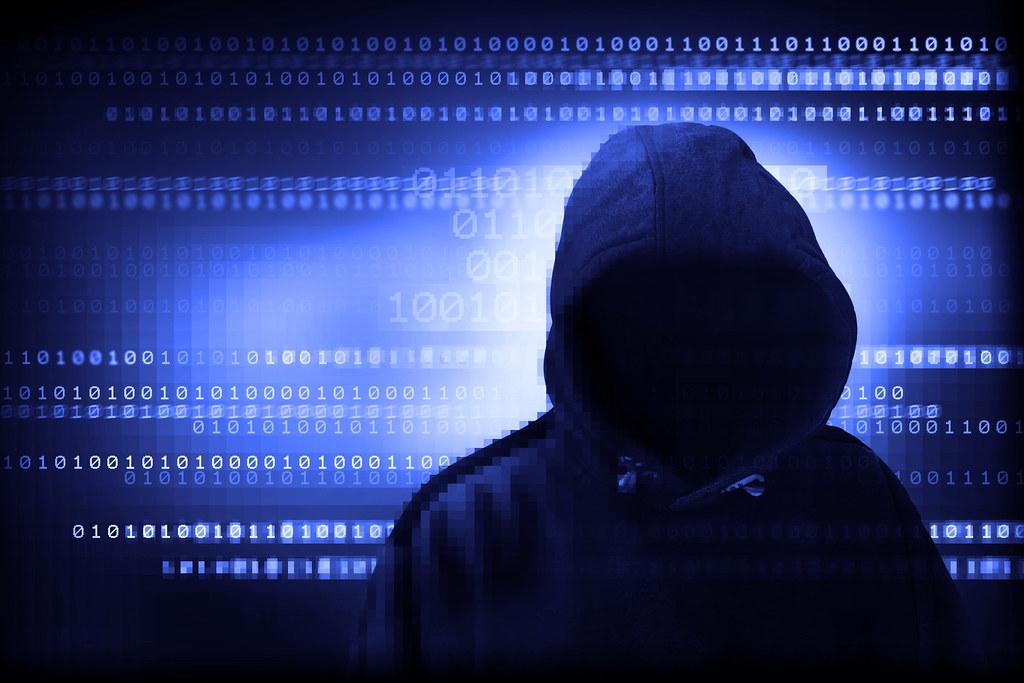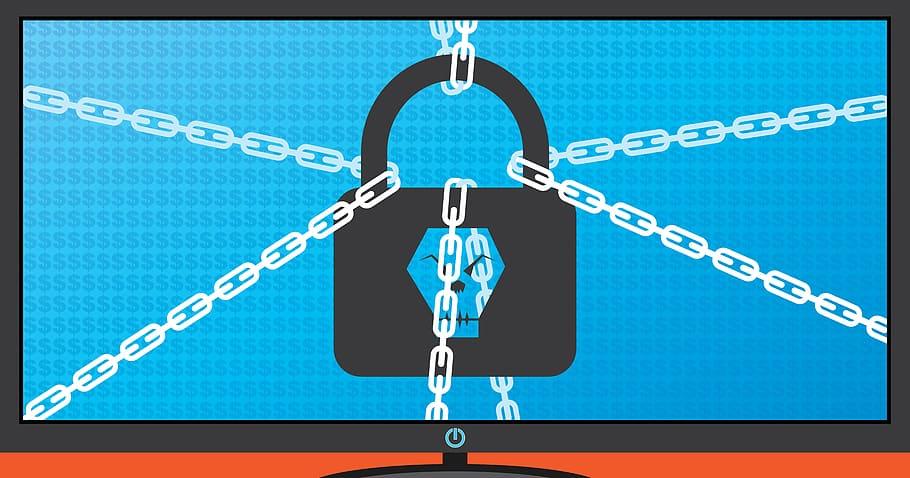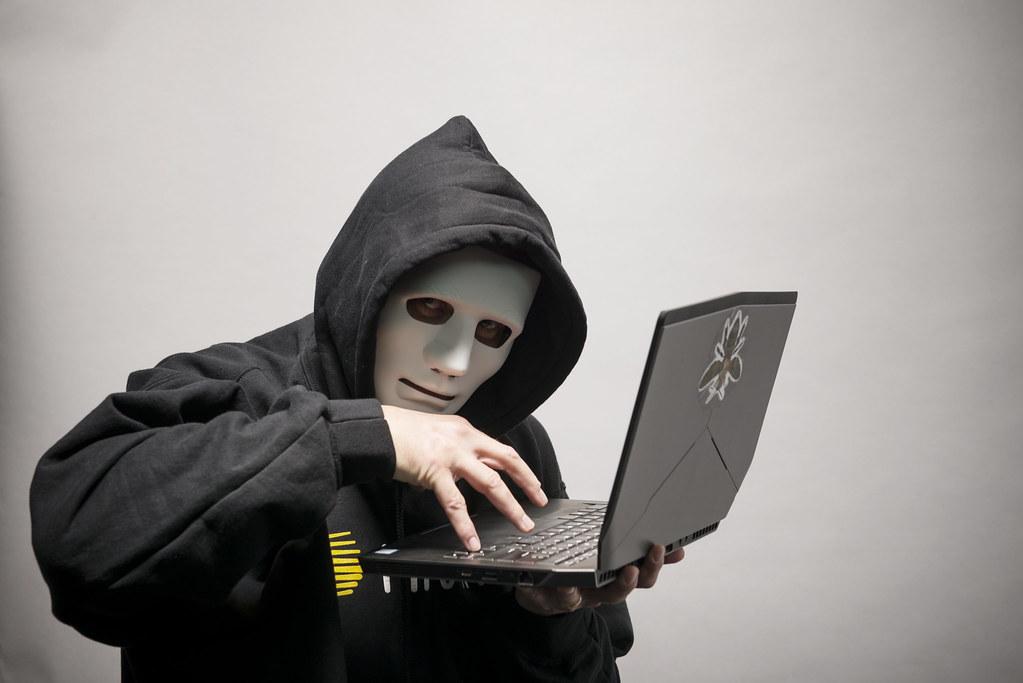INTRODUCTION
When we think of bravery, government whistleblowers should be among the first that come to mind. These are the individuals who, often at great personal cost, shine a light on the shadows where corruption seeks to hide within our federal institutions. This blog post is dedicated to exploring the often tumultuous journey whistleblowers face, from the decision to expose wrongdoing to the repercussions that follow.
My Story: Becoming a Government Whistleblower

My journey into becoming a government whistleblower was not something I had planned. It unfolded as I witnessed a series of ethical violations and fraudulent actions that I could no longer turn a blind eye to. The decision to step into the role of a whistleblower was driven by my deep conviction in the principles of transparency and accountability—a conviction rooted in the idea that the public has a right to know when their trust is being exploited.
Blowing the whistle on the government brought a host of challenges. Colleagues quickly shunned me, my professional life came under intense and unforgiving scrutiny, and I had to navigate a labyrinth of legal issues. But the struggle didn’t stop at the office door—it spilled over into my personal life, testing friendships and leading to moments of intense emotional distress.
Government Corruption: Unveiling the Truth
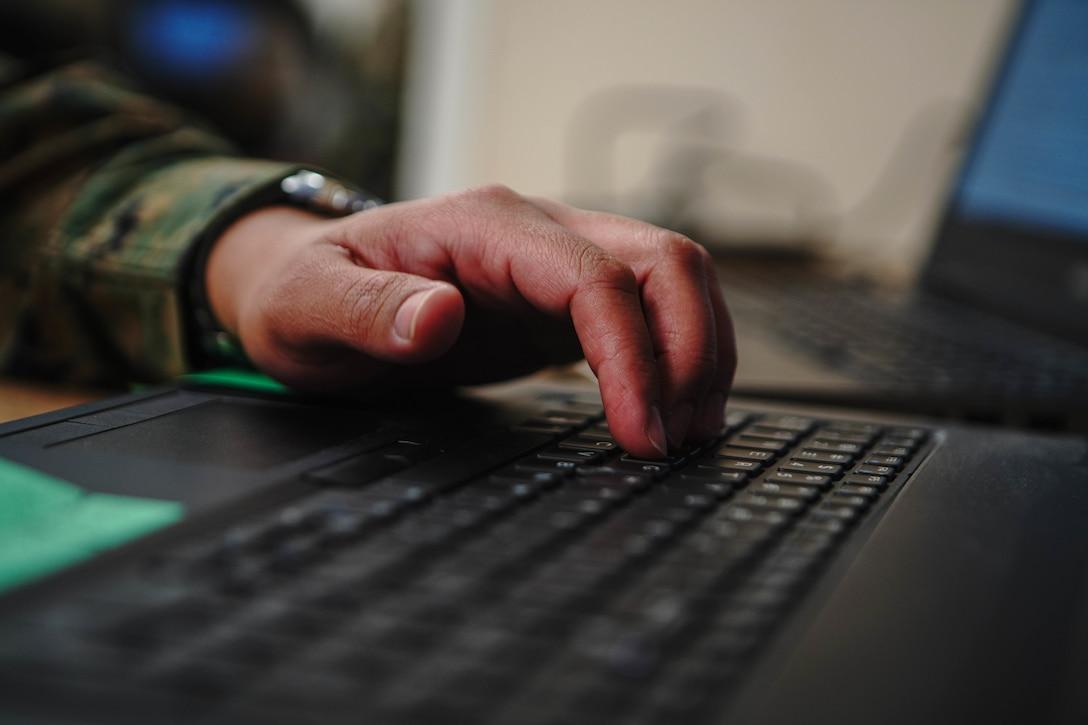
Corruption within government can take many forms: from bribery and embezzlement to willful neglect of duty and manipulation of systems for personal gain. These acts of corruption erode the very foundations of our society, leading to a breakdown in trust between the public and the government designed to serve them. The impact is far-reaching, touching everything from how tax dollars are spent to how laws are enforced.
The Safeguards for Whistleblowers
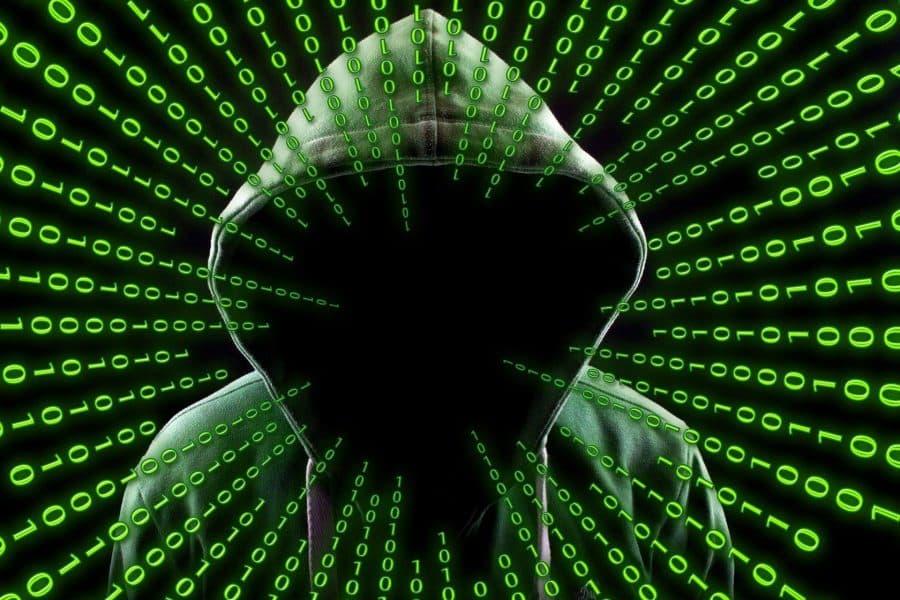
The journey of a whistleblower is perilous, but there are legal protections in place designed to shield them from retaliation. The Whistleblower Protection Act and provisions within the False Claims Act offer some level of defense. However, these laws often fall short when put to the test. Protecting one’s identity through anonymity can sometimes be the most effective shield against retaliation, though it is not always possible.
The Retribution Faced by Whistleblowers
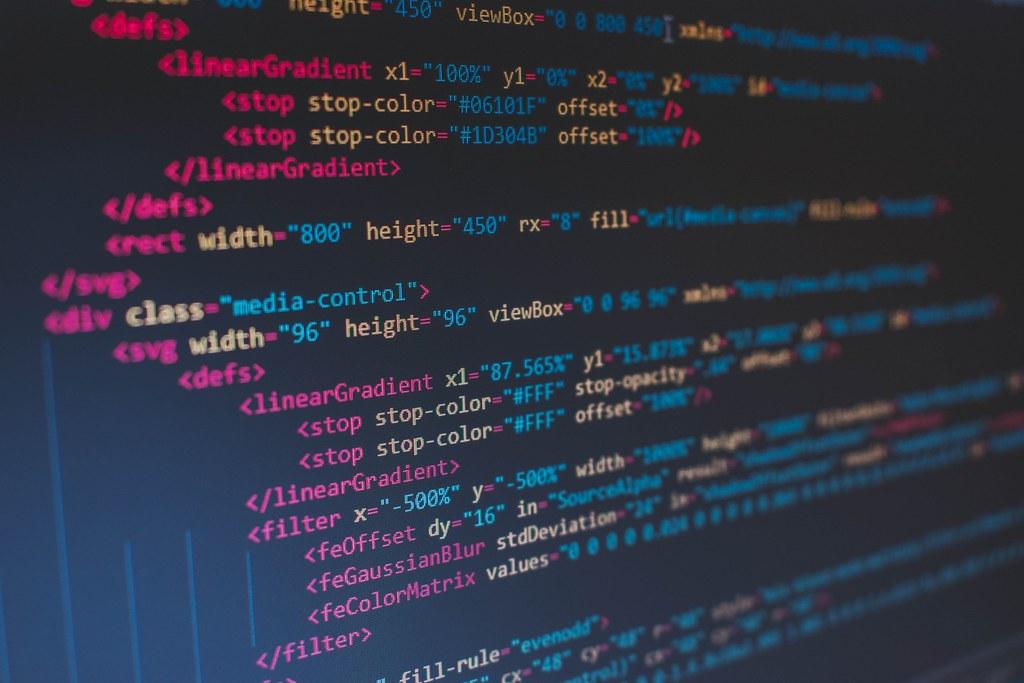
Despite these safeguards, retaliation is common and can manifest in numerous forms, from career sabotage and legal battles to threats against personal safety. My experience was no different. The backlash I faced was swift and severe, aimed at discrediting my claims and character. The professional consequences were dire, but the personal toll was even more devastating, affecting my mental health and relationships.
Conclusion
As a federal whistleblower who has exposed government cover-ups, I’ve endured profound struggles that have followed me long after my initial disclosure. The repercussions of my bravery continue to haunt me, highlighting the imperative need for stronger safeguards and robust enforcement of existing protections. More fundamentally, I believe there must be a cultural transformation—one that not only tolerates but champions individuals like myself who stand up for integrity and justice. It is essential to cultivate an environment where whistleblowers are seen as defenders of the public interest, a step that is crucial for nurturing an open and accountable government.
